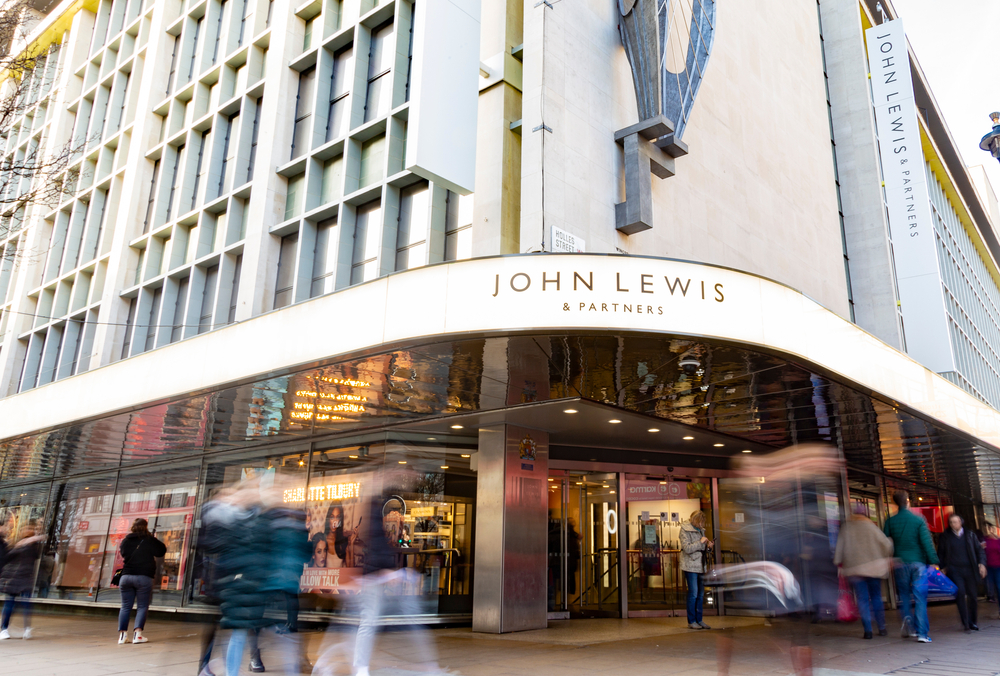Retailers are increasingly putting in more effort to pursue the right approach to employees’ mental health, and that should be welcomed.
Mental Health Awareness Week takes place from May 13 to 19, hosted by the Mental Health Foundation in order to offer an opportunity for employers and individuals to raise awareness of mental health in the workplace.
Most businesses, if not all, offer first aid to injured workers, but it remains highly unlikely that they offer mental health advice and support to employees living with depression or anxiety. This is an issue that retailers are aiming to tackle, but it’s no secret that their initiatives to do so range from tokenistic to acts of good intention.
“One third of people with mental health problems report having been dismissed or forced to resign from their job”
Sarah West, employment specialist at property law firm Shulmans, said employers may not be familiar with mental health first aid, but training can provide basic skills for individuals to improve resilience and help them recognise and respond effectively to signs of mental illness in others.
“Not only is it beneficial to ensure that key individuals in the organisation understand the importance of mental health and appropriate support available, but also it encourages employees to feel more confident to speak up if they believe they will be met with compassion and understanding,” she told Retail Gazette.
One particular campaign that is helping companies approach mental health in the workplace is Time To Change, a charity launched in 2007 aimed at tackling stigma and discrimination around mental health.
“We call upon all employers to sign the Time to Change Employer Pledge,” Time To Change employer engagement manager Karen Shaw said.
“Signing marks a commitment to create a culture where employees feel comfortable talking about their mental health, should they choose to.
“The pledge also provides a structure upon which to plan activities and help form a strategy around mental health and well-being.”
“Now is a critical time to demonstrate to staff that their mental health is a priority”
Shaw told Retail Gazette that employees, as well as customers, are likely to gravitate more towards retailers who announce their support for mental health awareness.
“It demonstrates to workers that their employer is committed to supporting staff well-being and that they won’t be treated differently for speaking about their experiences,” she explained.
She added: “We know that people with mental health problems have the highest ‘want to work’ rate of any disability group – but have the lowest in-work rate.
“It also improves staff retention. One third of people with mental health problems report having been dismissed or forced to resign from their job and 70 per cent have been put off applying for jobs, fearing unfair treatment.”
Shaw believes that mental health awareness should be retailers’ top priority because the industry is constantly changing and “now is a critical time to demonstrate to staff that their mental health is a priority”.
“It can help with retention and if staff feel able to talk about their concerns with their mental health then they are less likely to leave,” she said.
Retailers that have signed the Time To Change pledge so far include Marks & Spencer, Tesco, WHSmith, Asos, the John Lewis Partnership, Pets at Home and Footasylum.
Retail leaders might feel pressured to reveal what they have done two raise mental health awareness – regardless of whether they’re already trying or not. Especially when rivals publicly announce their support for mental health initiatives.
“Publicly supporting Mental Health Awareness Week does send a very strong message to staff and customers that mental health is important to you”
“Publicly supporting Mental Health Awareness Week does send a very strong message to staff and customers that mental health is important to you as a retailer,” Shaw said.
“However, this support should be authentic. An organisation that backs a mental health campaign without first taking steps to support their own staff could be accused of being tokenistic and it might even have a negative impact.”
Meanwhile, mental health charity Mind found that at least one in six employees experience common mental health problems.
Mind also found that work is the single biggest cause of stress in people’s lives – and a lack of employer support and training can contribute to the deterioration of mental health.
Nevertheless, the responsibility to ensure retail employees feel confident in the workplace falls on leaders and managers. Trust can be built with the simple action of leaders regularly checking in with staff.
“We seek awareness and understanding of mental health through a pragmatic and sustainable approach”
Iceland corporate affairs director Keith Hann told Retail Gazette: “We seek awareness and understanding of mental health through a pragmatic and sustainable approach.
“Working closely with the leading trade charity, Retail Trust, we ensure that all of our employees and their families have easy access to practical care and support whenever and wherever they need it.”
Iceland’s efforts in recognising mental health in the workplace has been noticed by the media, when it was featured in women’s weekly magazine Stylist last year in its list of “Best UK Companies Supporting Staff Mental Health Awareness”, along with women’s activewear retailer Sweaty Betty.
The grocer, which has around 25,000 employees, said it offered Mental Health Awareness training for all of its elected Talking Shop Representatives, who are trained to recognise the signs of mental health challenges and signposted to the numerous support services available to them.
Meanwhile, West said mindful employers can be recognised by their efforts in understanding their employees and their employees’ concerns.
“Appraisals and supervision are a valuable way of achieving this, as well as return-to-work interviews following illness or other absences,” she told Retail Gazette.
“They are not only a way to monitor the progress or productivity of an employee, but also an opportunity for individuals to speak about personal as well as professional concerns.
“The conversations need to be two-way conversations.”
Click here to sign up to Retail Gazette‘s free daily email newsletter


















